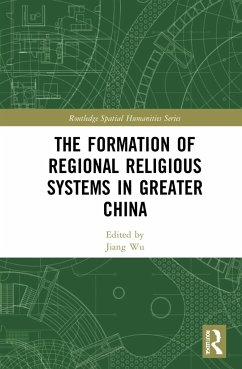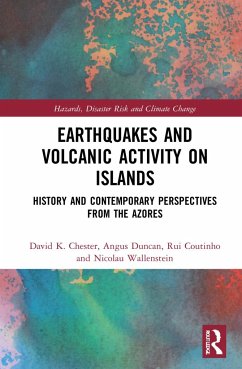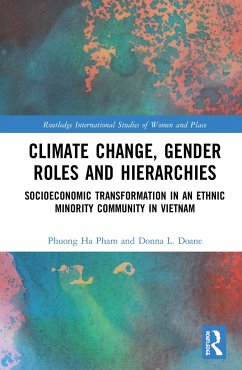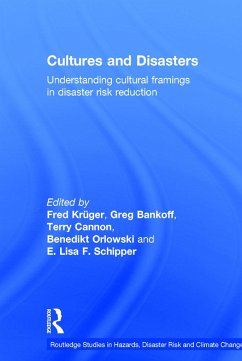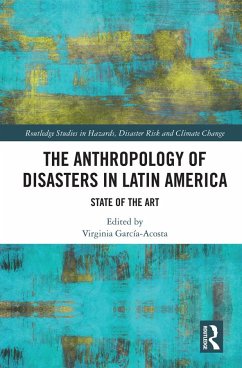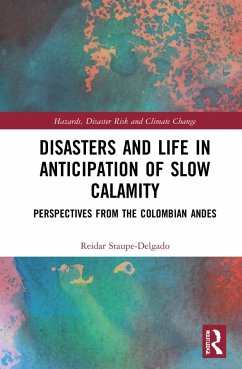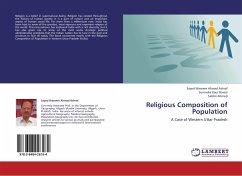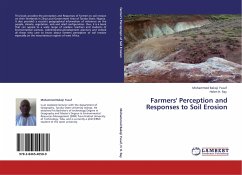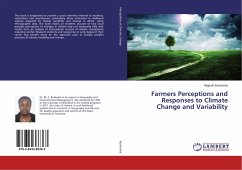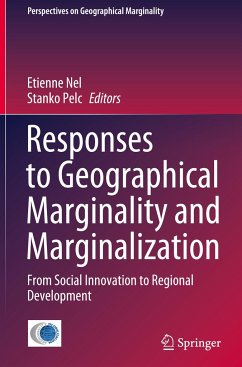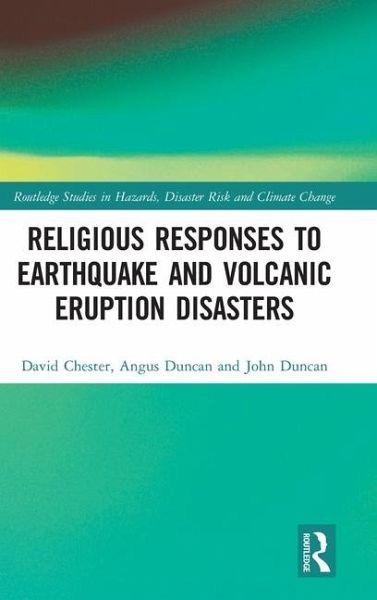
Religious Responses to Earthquake and Volcanic Eruption Disasters
Versandkostenfrei!
Versandfertig in 1-2 Wochen
157,99 €
inkl. MwSt.
Weitere Ausgaben:

PAYBACK Punkte
79 °P sammeln!
This book argues that, although secular and religious perspectives on disasters have often conflicted, today there are grounds for believing that the world's major faiths have much to contribute to the processes of post-disaster recovery and future disaster risk reduction (DRR).





